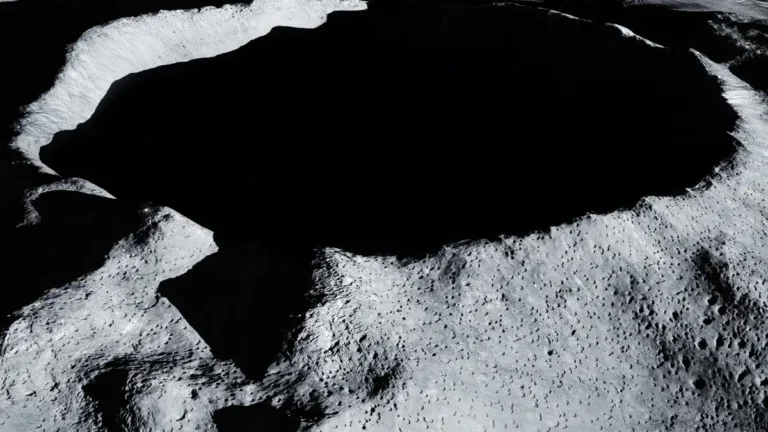
In an ambitious move that could revolutionize secure communications, SpaceX is set to test quantum communication technology on its upcoming mission, signaling a new era for space-based data security.
The mission, designated as SpaceX CRS-31, scheduled for early November 2024, will transport the Space Entanglement and Annealing QUantum Experiment (SEAQUE) to the International Space Station (ISS). This project, spearheaded by Dr. Paul Kwiat from the University of Illinois at Urbana-Champaign, aims to harness the peculiar properties of quantum mechanics to enhance communication security.
Quantum communication, particularly through quantum key distribution (QKD), promises theoretically unbreakable encryption. The technology relies on the principles of quantum entanglement, where particles are connected in such a way that the state of one instantaneously influences the other, regardless of the distance separating them. This property can be used to create communication channels where any interception attempt would be immediately detectable.
The SEAQUE experiment will not only test the resilience of quantum states in the harsh environment of space but also aims to demonstrate the feasibility of quantum networks spanning across space and back to Earth. This could lay the groundwork for a global quantum internet, where information is transmitted with unprecedented security.
SpaceX’s involvement in this quantum venture is not isolated. Earlier this year, various experiments and missions highlighted the growing intersection of quantum technology and space travel:
- Germany’s QUBE CubeSat launched on a SpaceX mission, explored QKD in space, showcasing the potential for small satellites to contribute significantly to quantum communication research.
- Boeing’s Q4S satellite, planned for a 2026 launch, will demonstrate quantum entanglement swapping, aiming to pave the way for a quantum internet that could connect quantum computers and sensors globally.
The integration of quantum technologies with space missions reflects a broader industry trend towards enhancing data security and processing capabilities in orbit. These advancements are crucial as humanity extends its reach into space, where traditional communication methods might not suffice due to latency or security concerns.
SpaceX’s endeavor with SEAQUE could be a stepping stone towards integrating quantum communications into its Starlink project, potentially offering secure, high-bandwidth communication links that are impervious to hacking, a concern that grows with every leap in computing power.
While the immediate benefits of these technologies are focused on secure communications, the implications stretch into realms like secure global financial transactions, privacy in space exploration, and even the fundamental understanding of physics, given quantum mechanics’ role in these experiments.
This quantum venture by SpaceX, therefore, isn’t just a test flight; it’s potentially the dawn of a new communication epoch.



